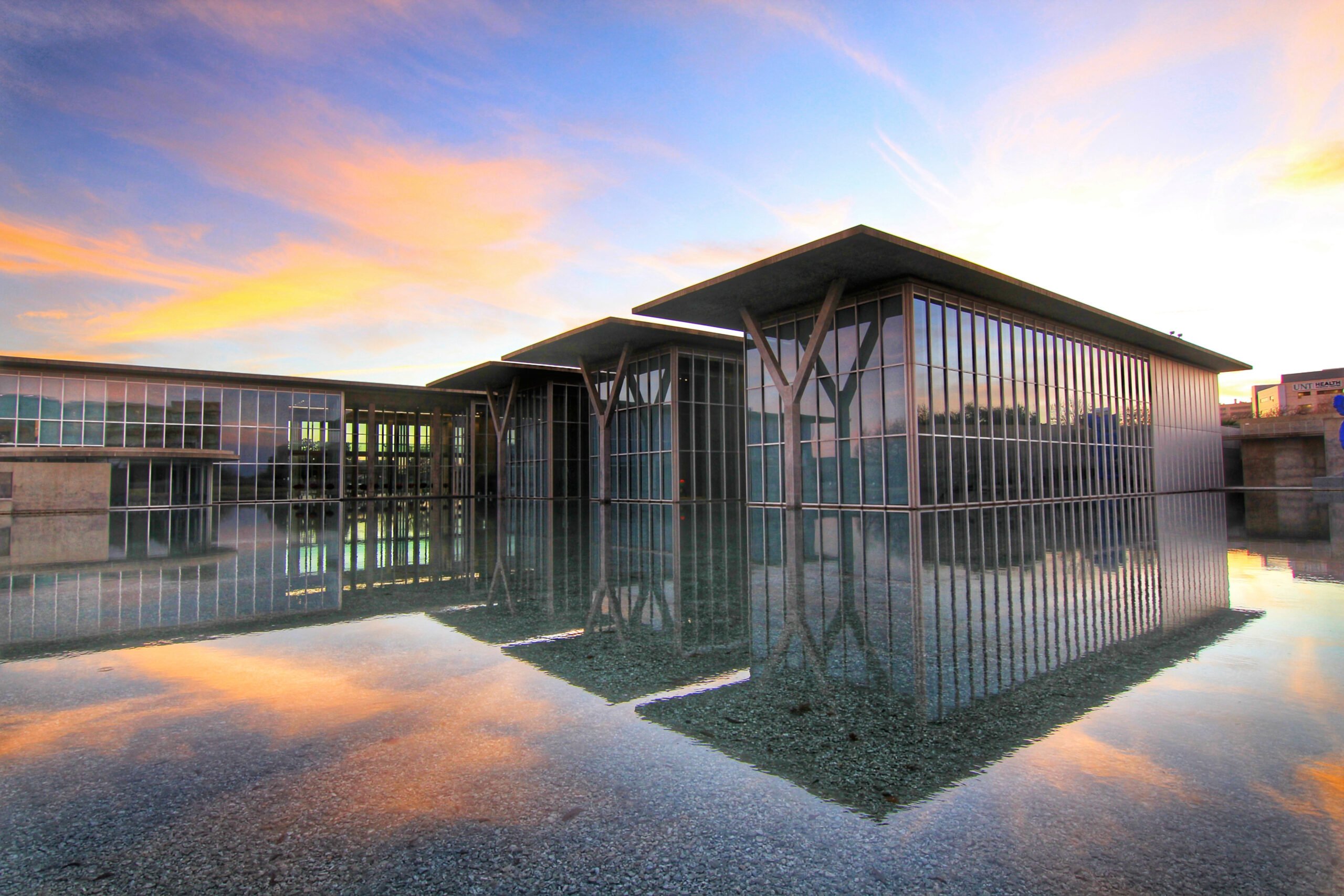ustxtxb_obs_2003_02_28_50_00022-00000_000.pdf
Page 20
BOOKS & THE CULTURE Gluttony, Greed, and Gula BY DIANA ANHALT The Club of Angels Luis Fernando Verissimo Translated from the Portuguese by Margaret Jull Costa New Directions 135 pages, $21.95. a … everyday we want to eat; hunger is the recurring desire, the only recurring desire, for sight, sound, sex and power all come to an end, but hunger goes on, and while one might weary of Ravel for ever, one could only ever weary of ravioli for, at most, a day.” 0 n the first two pages of The Club of Angels Brazilian writer Luis Fernando Verissimo identifies the victims, the murderer and the “weapon of choice.” And, in spite of outrageously flaunting conventional procedure, the author almost manages to pull it off. He even comes close to convincing us that nine grown men would go willingly to their deaths in exchange for one superb “last supper.” As one incidental character one not selected to die, I might add expresses it, happiness consists of being able “to plan one’s own end. It would be like looking at the last page of a mystery story before you read it.”That, in effect, is precisely what the author allows us, his readers, to do. Of the Club’s original ten members, only Daniel, the narrator, remains to tell their tale. But, as he hastens to inform us, he is entirely innocent of the murders: “…well, as innocent as an author can be.” Despite his assurances, he is, without doubt ; indirectly responsible for his companions’ deaths, having hired, though not by design, the murderous chef, “a man who never bares his teeth.” A wickedly satirical, tongue-incheek commentary on contemporary values, human relations, consumerism and literature, the book is, purportedly, the story of ten ne’er-do-wells and washouts, who refer to themselves as the “Beef Stew Club.” Since adolescence they have met periodically in order to indulge their passion for fine food and drink. \(Given its concern with gastronomy, the novel is vaguely reminiscent of Babette’s Feast or Like Water for Chocolate and others extolling In the course of the book, we learn that the sobriquet, Club of Angels, had originated following a teenage caper of dramatic proportions: Joao, who as an adult would become a confidence man so accomplished he had managed to elude both the authorities and the clients he had defrauded, had stolen his father’s car. Accompanied by his friends, he had crash landed in a neighbor’s back yard. The boys fled to their usual hang-out, Alberi’s Restaurant, famous for its beef stew. With the arrival of the police, Alberi vouched for the boys’ innocence and declared: “They’re all `angels’ here.” Years later, recalling the incident, those words would stick, and with it, the implication that: “…we would always be innocent whatever we did. It wasn’t an absolution, it was a curse.” It is also a commentary on those coddled sons of well-to-do families who rarely pay for their mistakes and are never expected to amount to much. \(In Spanish they are referred to as nifios Hen or nifios popis. I can think of no The group is now in danger of disbanding. Their founder and leader, Ramos, described as having known “a great deal about Shakespeare and sauces,” dies suddenly of AIDS. Something of a prophet, he had warned that to allow women to attend their dinners would doom the club. His prophesy is now in danger of being fulfilled, but death will not prevent Ramos, nor the female contingent concerned mothers, wives and girlfriendsfrom hovering backstage and directing the action from the wings. This is far more than a tale about ten men who meet for dinner. It is a story about gula. In Portuguese the word refers to both gluttony and greediness: “Man is the only animal who always wants more than he needs.” The question here is: What does he want? And how far is he willing to go in order to procure it? Though generally unknown to English-speaking readers,Verissimo is a celebrated novelist, journalist and car Asked whether gluttony continues to be a serious sin in this day and age, Verissimo replied, “Gluttony is the only sin that has inevitable physical consequences. It causes overweight and blocks the arteries. Thus, I find it to be the only sin that should be taken seriously:’ 22 THE TEXAS OBSERVER 2/28103


